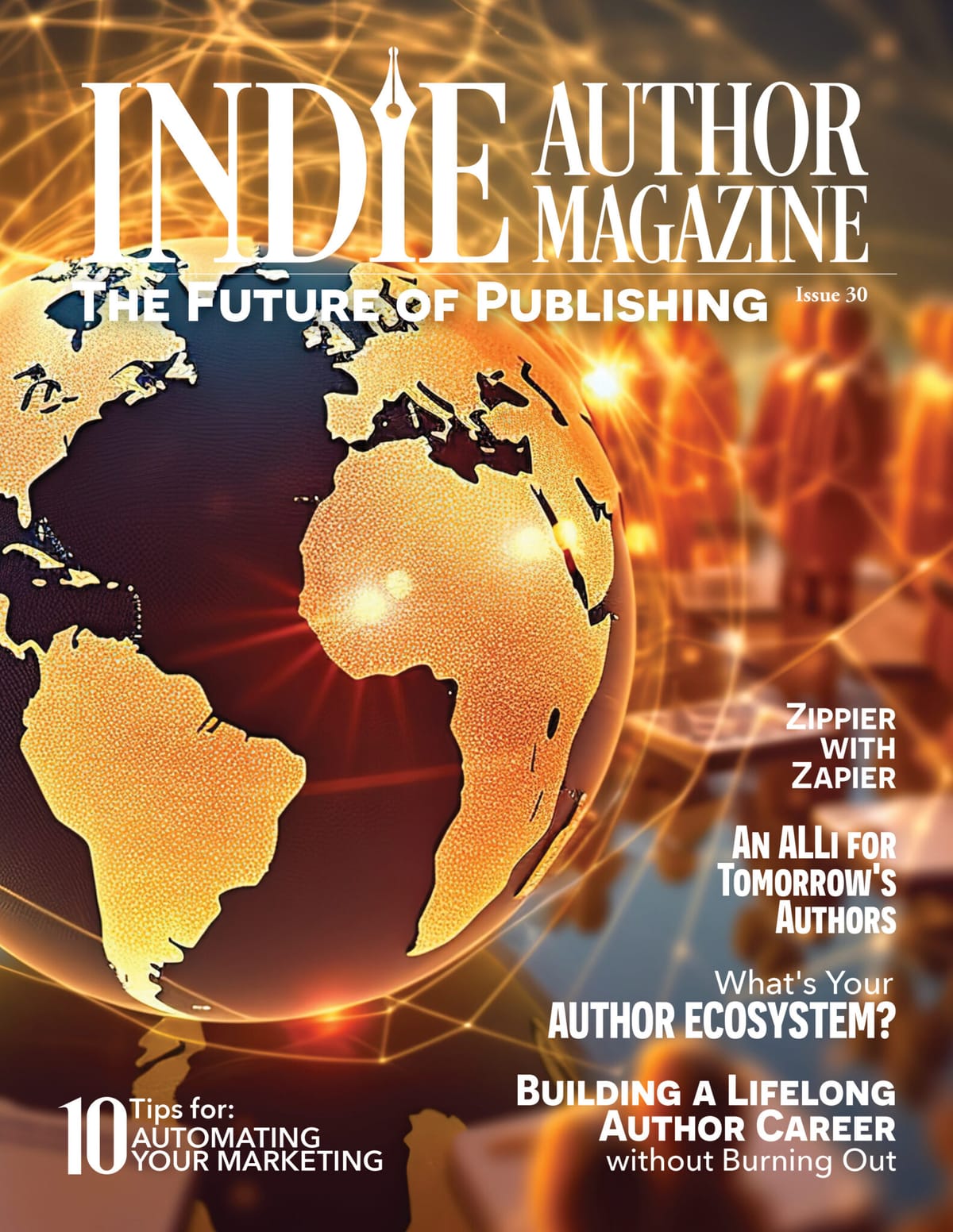This article is for paid subscribers only
Sign up now and upgrade your account to read this article and gain access to the full library of articles for paying subscribers only.
Sign up now Already have an account? Sign inDiscover the forefront of indie publishing with Indie Author Magazine’s latest issue. As the literary landscape undergoes seismic shifts, we present expert insights to illuminate your path in this evolving narrative.

Sign up now and upgrade your account to read this article and gain access to the full library of articles for paying subscribers only.
Sign up now Already have an account? Sign in